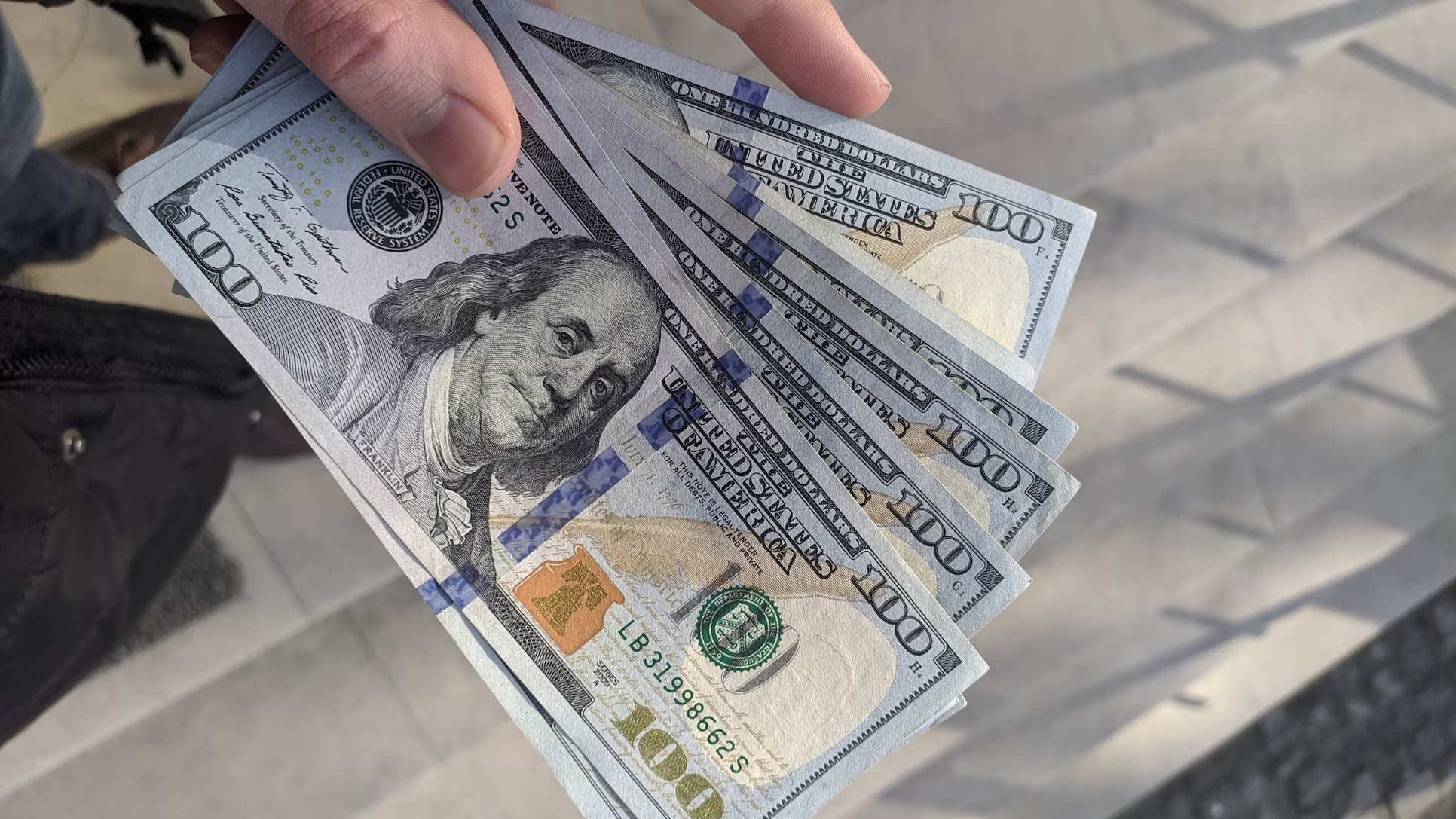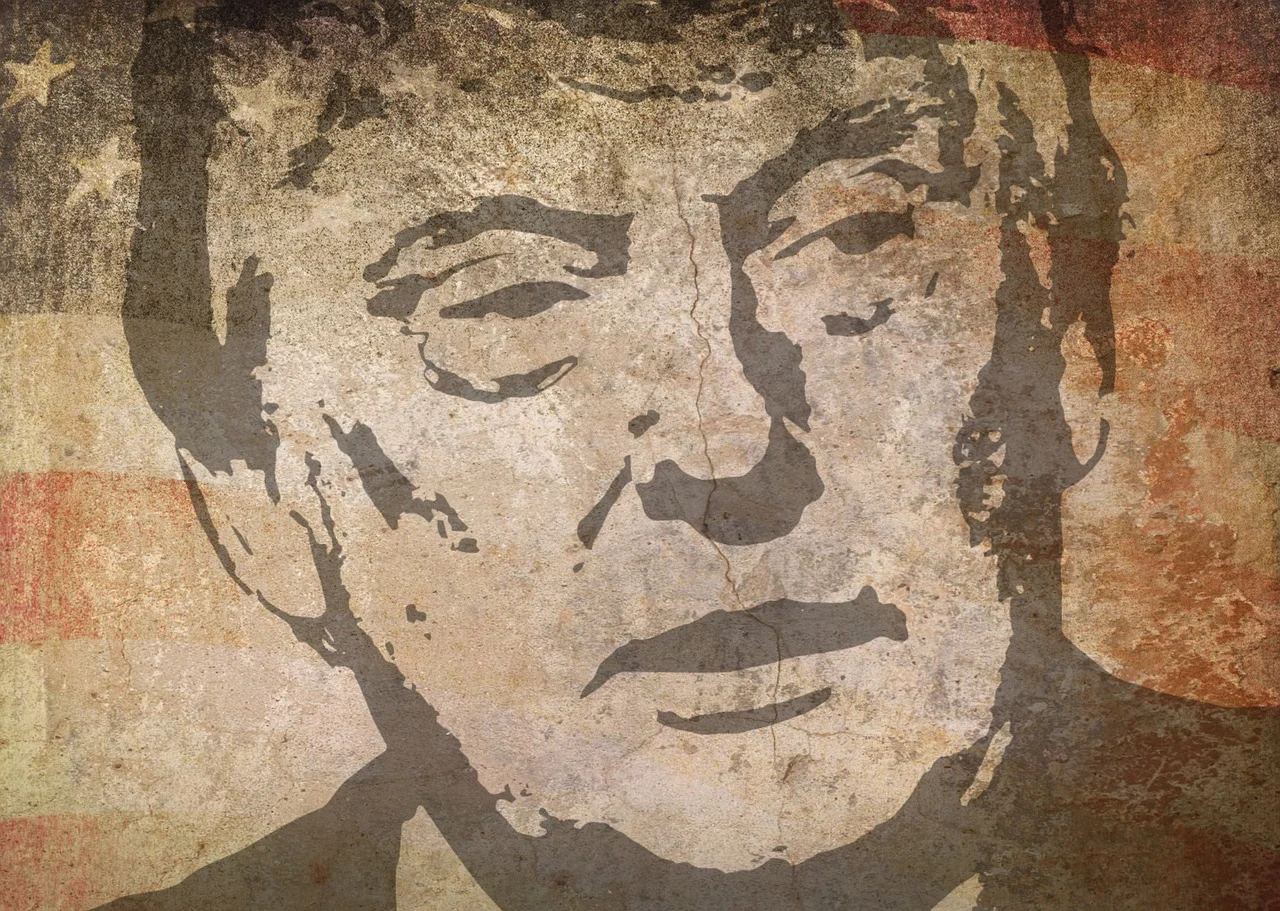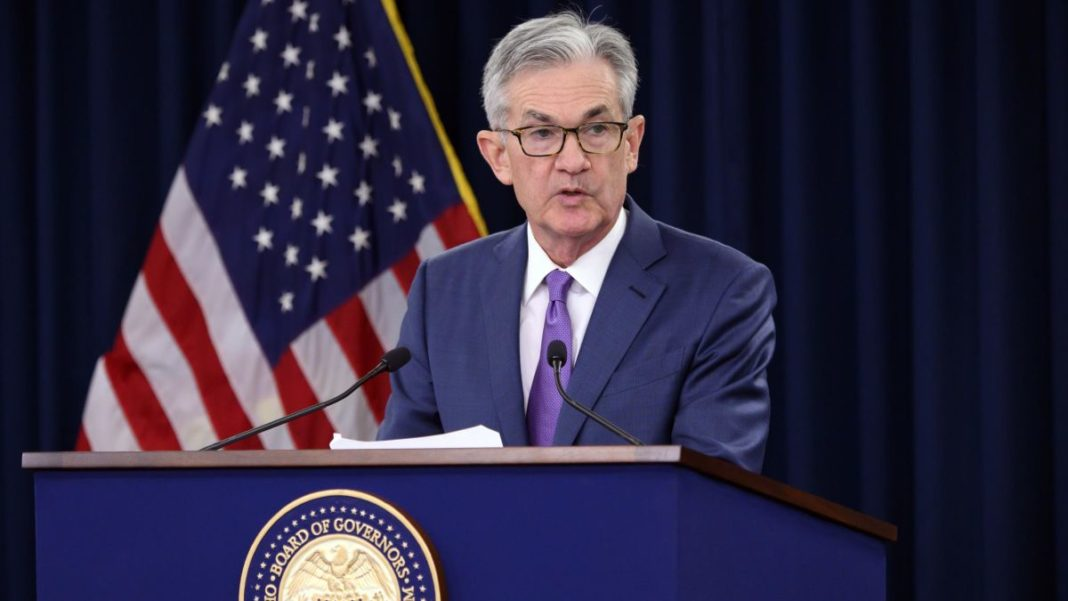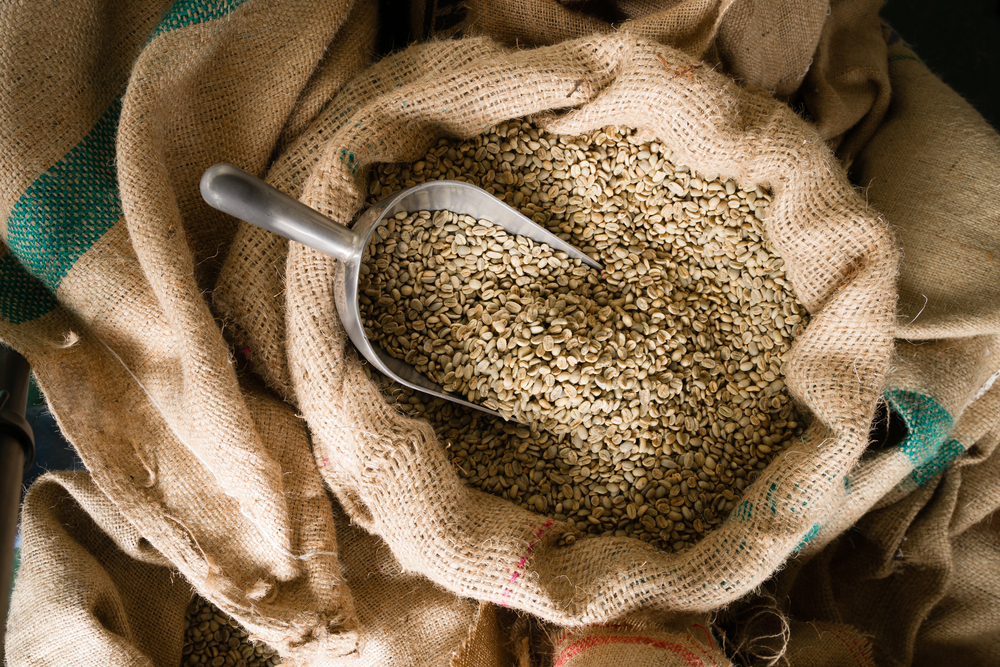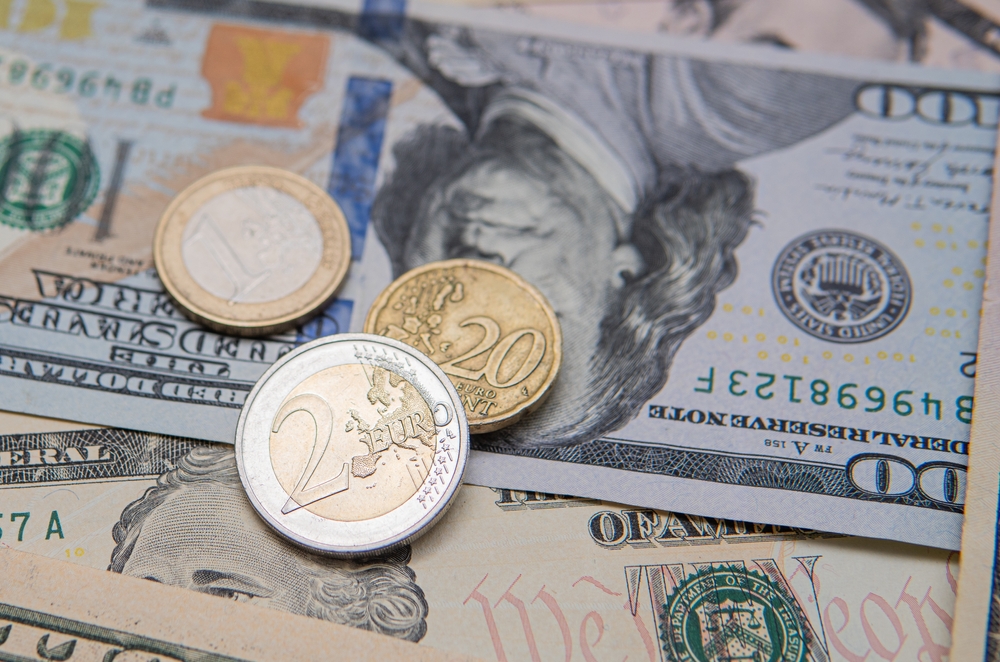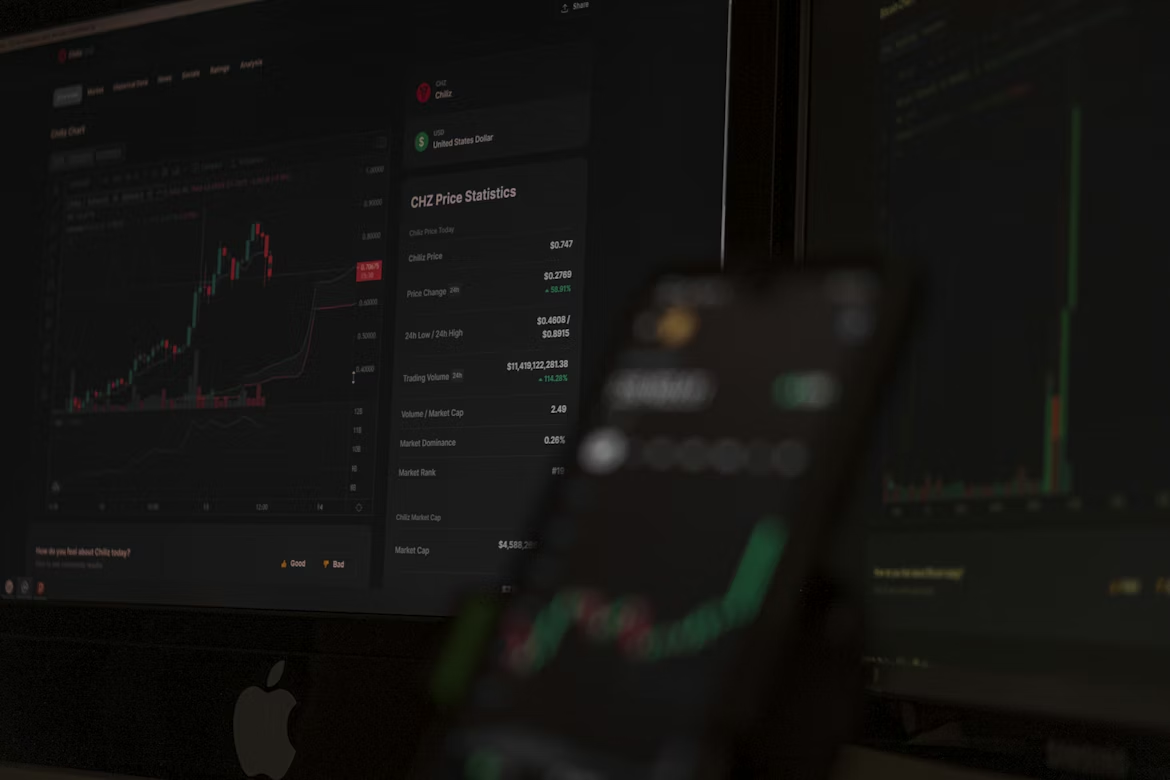The Bank of England has recently cut interest rates to 4.25% as projected and in stronger conviction due to U.S. President Donald Trump's tariffs, which could reduce economic growth and lower inflation, though a surprising 5-4 split among policymakers could stop a June cut. The BoE's updated forecasts project inflation peaking at 3.5% this year and returning to the 2% target by Q1 2027, with a raised growth forecast of 1% for this year, though the 2026 outlook was trimmed. Since mid-2024, the BoE's rate cuts match those of the U.S. Federal Reserve but are less aggressive than the European Central Bank's. A U.S.-UK trade deal reducing tariffs on British goods offers some relief, yet the BoE warns that broader trade conditions are still uncertain. Meanwhile, the Federal Reserve held its key rate steady at 4.25%-4.5%, highlighting economic uncertainty from trade policies, despite Trump's criticism of Fed Chair Jerome Powell for not cutting rates as inflation nears the 2% target.
EQUITY
The market only gained slightly after President Trump's call to buy stock on a trade deal framework with the United Kingdom, expecting $6 billion of external revenue from tariffs and new export opportunities. Boeing shares grew 3.3% on news of a $10 billion aircraft order from British airlines. Trump has also suggested that tariffs on China could be eased depending on upcoming weekend trade talks in Switzerland. This is a positive first step that could reduce the economic uncertainty that has pressured stocks since April 2nd, when tariffs were imposed.
GOLD
Gold prices closed its second losing day, losing 3.25% within two days, reaching a low of $3,288 as the dollar shot up in value and Treasury prices gapped down following the Federal Reserve's decision to hold interest rates. The safe-haven appeal may be at its end with improving risk sentiment and optimism surrounding trade talks. The Fed warns of tariff consequences, with Fed Chair Powell saying they're "in the right place to wait and see how things evolve," while Dimartino Booth from QI Research warns of policy error, pointing toward deteriorating macro environment.
OIL
WTI crude closed Thursday higher than Brent, propelled by U.S.-UK successful talk and optimism surrounding upcoming U.S.-China trade talks. However, rising supply continues to limit growth as OPEC+ prepares to add a second monthly supply of 411,000 barrels per day in June while the Energy Information Administration reports increasing global inventories. Experts say the recent India-Pakistan tensions are unlikely to affect crude oil prices.
CURRENCY
The greenback is on track for a third consecutive weekly gain following a "breakthrough" trade deal with Britain, whistling a positive tone ahead of the U.S.-China weekend meet. The Japanese yen and Swiss franc weakened as positive trade sentiment improved risk appetite. The sterling fell to a three-week low after the limited scope of the U.S.-UK agreement became apparent, and the Taiwan dollar strengthened more than 6% from April levels. Federal Reserve Chair Powell's remarks reduce the June bet, dropping to about 17% from 55% a week earlier.

